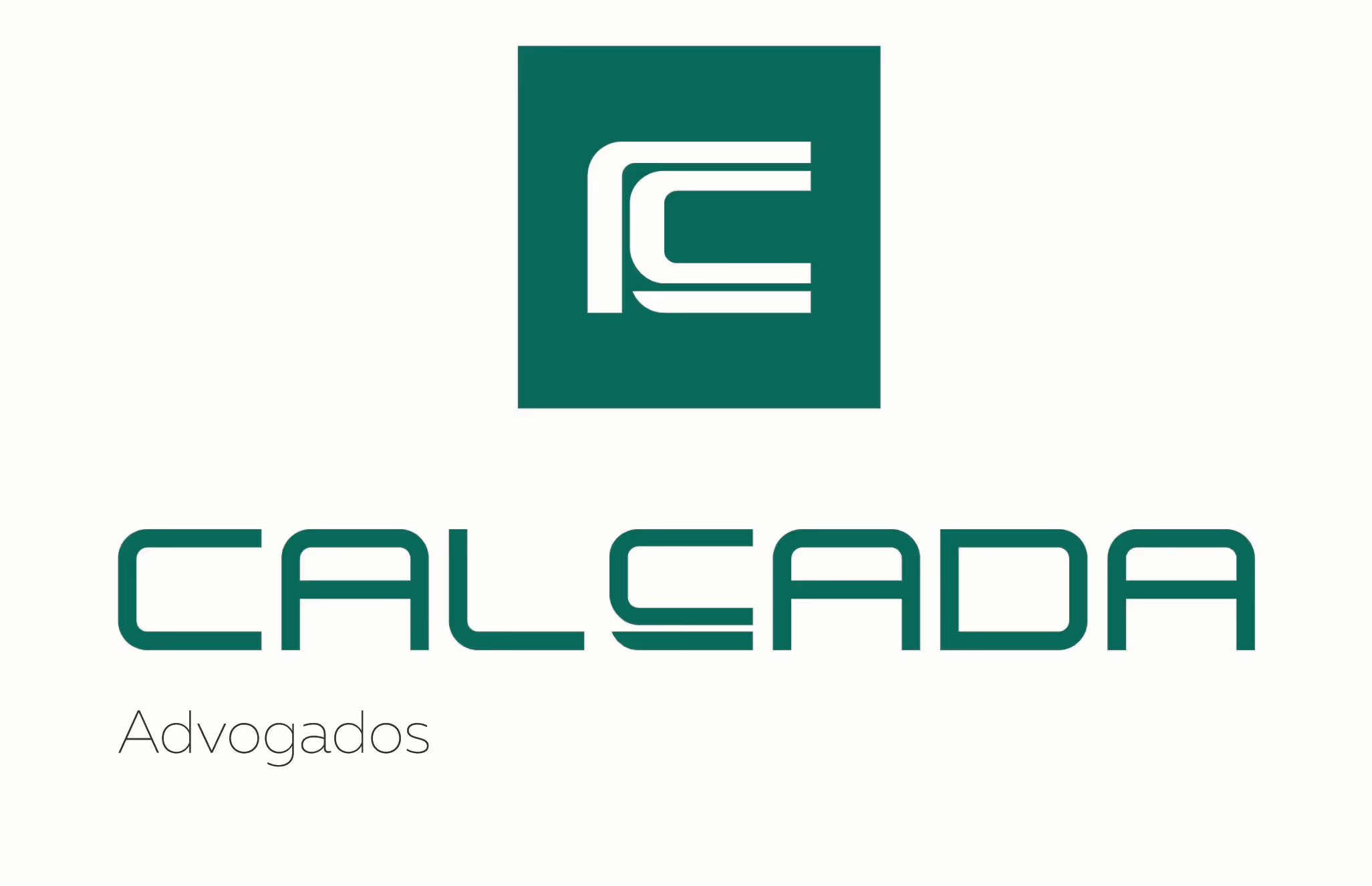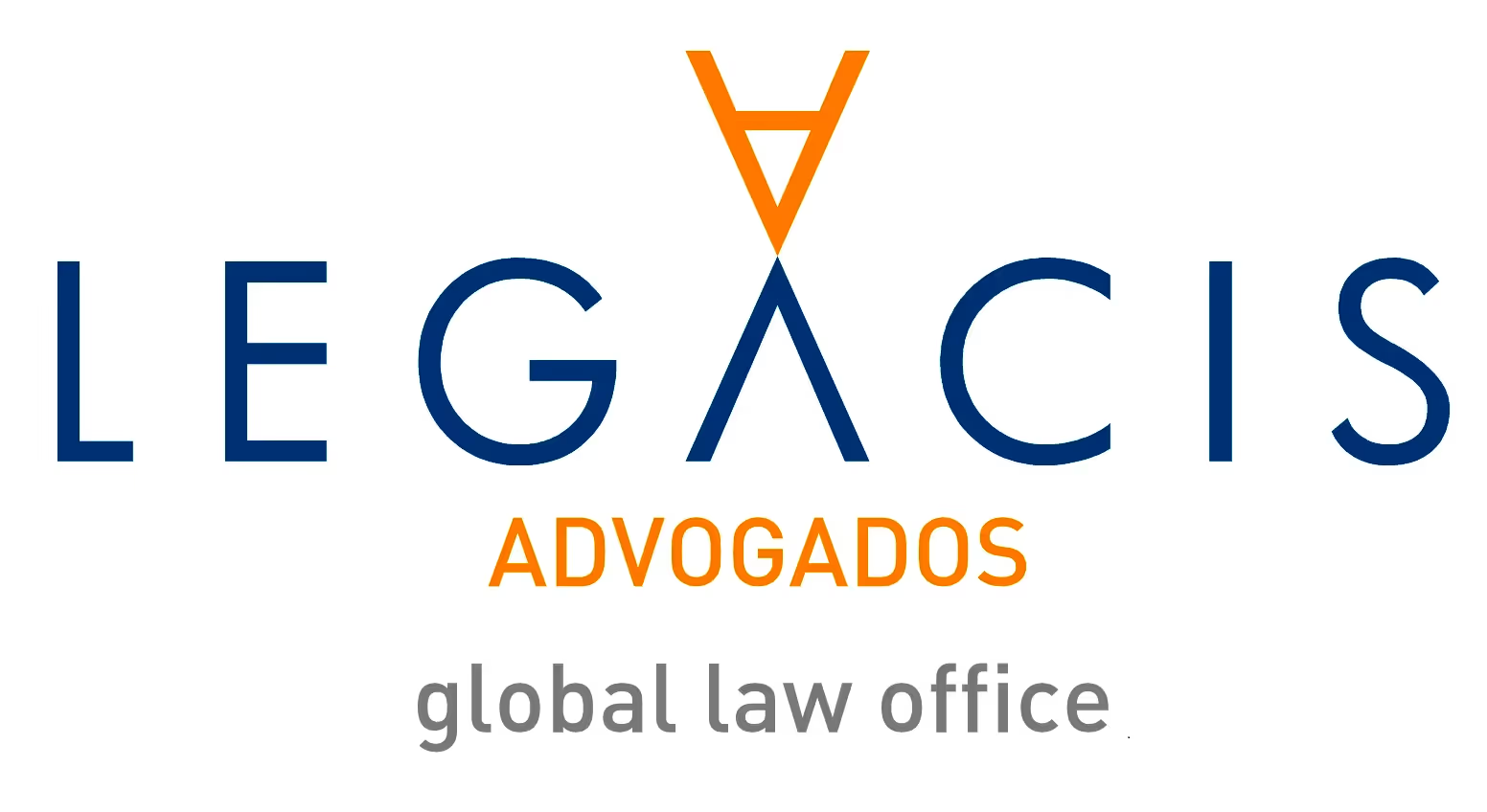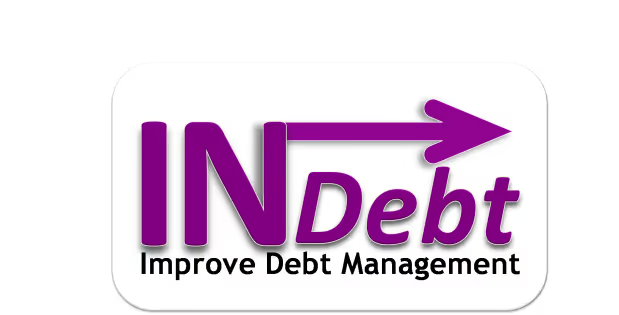Debt Collection Agency in Portugal - No Win, No Fee
Your claims are handled exclusively by InDebt, our licensed Portuguese debt collection partner (empresa de cobranca de dividas) with 16+ years of expertise and APERC membership. Submit your claim in minutes, track progress in real time, and pay only when your money is recovered.

Why Choose Debitura for Debt Collection in Portugal

Fast, simple and risk-free debt collection in Portugal
Debitura connects you with InDebt, a Lisbon-based debt collection agency with 16+ years of expertise, APERC membership, and recognition as Marca Recomendada 2025 for consumer satisfaction.
- Risk-free: Pay only when we recover your money.
- Quick setup: Submit invoices in a few clicks.
- Real-time tracking: Monitor progress live in one portal.
- Local expertise: Portuguese specialists handle your claims.

How to start your Portuguese debt collection
- Submit your claim: Upload your unpaid invoice via Debitura's dashboard, API, or ERP integration. InDebt receives the case instantly.
- InDebt contacts your debtor: Your Portuguese debtor receives professional contact in Portuguese within 24-48 hours.
- Track and recover: Monitor real-time updates in your dashboard. Pay only when cash is recovered.
Already using SAP, Oracle, or Microsoft Dynamics? Our API and ERP integrations let you submit claims directly from your existing systems.


Simple, transparent pricing in Portugal
Debitura operates on a No Cure, No Pay model. You pay nothing upfront and only pay a success fee when your money is recovered.
- No subscription or platform fees.
- No setup costs or hidden charges.
- Success fee deducted only after recovery.

Fast, simple and risk-free debt collection in Portugal
Debitura connects you with InDebt, a Lisbon-based debt collection agency with 16+ years of expertise, APERC membership, and recognition as Marca Recomendada 2025 for consumer satisfaction.
- Risk-free: Pay only when we recover your money.
- Quick setup: Submit invoices in a few clicks.
- Real-time tracking: Monitor progress live in one portal.
- Local expertise: Portuguese specialists handle your claims.
Debt Collection Process in Portugal - Clear, Fast and Fully Managed
Why you can trust this guide
At Debitura, we uphold the highest standards of impartiality and precision to bring you comprehensive guides on international debt collection. Our editorial team boasts over a decade of specialized experience in this domain.
Questions or feedback? Email us at contact@debitura.com — we update this guide based on your input.
Debitura By the Numbers:
- 10+ years focused on international debt collection
- 100+ local attorneys in our partner network
- $100M+ recovered for clients in the last 18 months
- 4.9/5 average rating from 621 reviews
Expert-led, locally validated
Written by Robin Tam (16 years in global B2B debt recovery). Every page is reviewed by top local attorneys to ensure legal accuracy and practical steps you can use.
Contributing local experts:
Last updated:
From first contact to final recovery, your Portuguese debt collection follows a proven four-stage journey. Most commercial debts resolve during amicable collection (cobranca extrajudicial), with legal escalation via Injuncao available only if needed and always under your control.
- InDebt achieves 80.6/100 satisfaction index with 100% resolution rate (Debitura).
- Fast-track Injuncao resolves most uncontested claims in under 3 months.
- Legal escalation optional - you decide whether to proceed.
- Enforcement via Agente de Execucao for asset seizure and wage garnishment.
Step 1: Amicable collection (cobranca extrajudicial) - Initial demand
InDebt contacts your Portuguese debtor with a formal demand notice in Portuguese. Under Civil Code Article 805, this interpelacao (demand) triggers the debtor's default status and starts late payment interest accrual.
- Written and phone contact in Portuguese within 24-48 hours.
- Demand letter (interpelacao para cumprir) establishes default under Civil Code Art. 805.
- B2B debts: automatic EUR 40 compensation plus ECB+8pp interest under Decree-Law 62/2013.
- InDebt - 16+ years of Portuguese market expertise and APERC membership.
⏳ Duration: 7-14 days
Step 2: Negotiation and payment arrangements
If the debtor responds but cannot pay immediately, InDebt negotiates structured payment plans while protecting your interests under Portuguese law.
- Payment plans structured to maximize recovery.
- Written acknowledgment of debt interrupts the 20-year limitation period (Civil Code Art. 325).
- Real-time updates in your Debitura dashboard.
- Marca Recomendada 2025 - recognized for consumer satisfaction (Portal da Queixa).
⏳ Duration: 14-30 days
Step 3: Injuncao (fast-track payment order)
If amicable efforts fail, InDebt can file an Injuncao - Portugal's fast-track payment order procedure under Decreto-Lei 269/98. This creates an enforceable title without full litigation if the debtor fails to oppose.
- No monetary limit for B2B commercial transactions (Decree-Law 62/2013, Art. 10).
- Debtor has 15 days to pay or oppose after notification (DL 269/98).
- Average resolution: under 3 months (CITIUS Portal).
- Court fees from EUR 51 with 50% reduction for electronic filing.
⏳ Duration: 1-3 months
Step 4: Enforcement (acao executiva)
With an enforceable title (titulo executivo), InDebt initiates enforcement proceedings through an Agente de Execucao - a licensed enforcement officer regulated by OSAE.
- Penhora (seizure) of bank accounts, wages, vehicles, and property.
- Wage garnishment limited to 1/3 of net salary (CPC Art. 738).
- Enforcement agent fees: 7.5% on amounts up to EUR 16,320; 3% above (Portaria 282/2013).
- Judgment validity: 20 years (Civil Code Art. 311).
⏳ Duration: 3-12 months depending on asset availability
Throughout the process, you maintain full visibility and control. InDebt provides updates via Debitura's dashboard, and you decide whether to escalate to legal action or enforcement.
Transparent debt collection pricing in Portugal - pay only when you recover
While traditional Portuguese debt collection agencies may charge retainers or hourly fees, Debitura and InDebt operate on a pure success-based model with no upfront costs.
- No upfront fees - pay only when cash is recovered.
- Success fees: 6-20% depending on claim value (Europe rates apply).
- Legal action: up to 3 fixed-price quotes, no obligation.
- Local invoicing in EUR by InDebt after recovery.
Pre-legal collection fees (No Cure, No Pay)
Debitura's success fees are tiered by the amount recovered. All thresholds are in USD. Portugal qualifies for Europe rates:
Debitura's success fees are tiered by the amount recovered. All thresholds are in USD. Portugal qualifies for Europe rates:
- USD 100 - 999: 20%
- USD 1,000 - 149,999: 9.5%
- USD 150,000+: 6%
Optional legal action
If amicable collection fails and you want to pursue legal action, Debitura sources up to 3 fixed-price quotes from vetted Portuguese law firms. You review offers and decide whether to proceed - no obligation.
- Injuncao filing: court fees from EUR 51 with electronic filing discount.
- Full litigation: quotes based on claim complexity and value.
- Enforcement: Agente de Execucao fees regulated by Portaria 282/2013.
For complete pricing details, visit debitura.com/pricing.
Who We Help with Debt Collection in Portugal
Portuguese payment culture can challenge foreign creditors - with complex court procedures and a 20-year limitation period for ordinary claims (Civil Code Art. 309). InDebt's 16+ years of local expertise and APERC membership ensure professional recovery of your Portuguese receivables.
SMEs and growing businesses
You have a handful of unpaid Portuguese invoices and need efficient recovery without retainer fees or complex contracts.
- Two-minute claim upload via dashboard.
- No Cure, No Pay - zero upfront cost.
- Ideal for: Exporters, manufacturers, service providers, SaaS companies with Portuguese customers.
Enterprises and multinationals
You manage receivables across multiple countries and need unified oversight with consistent processes.
- One global contract covering Portugal and 182 other countries.
- API and ERP integrations (SAP, Oracle, Microsoft Dynamics).
- Ideal for: Credit control teams, treasury departments, shared service centers.
International creditors
You are based outside Portugal and need a trusted local partner who understands Portuguese law and business culture.
- InDebt handles all communication in Portuguese.
- Knowledge of Portuguese court procedures including Injuncao.
- Ideal for: Companies in Spain, Germany, France, UK, Netherlands with Portuguese debtors.
Our Portugal and International Expertise
Debitura operates in 183 countries through 500+ vetted local partners. In Portugal, InDebt delivers on-the-ground expertise with 16+ years of experience and APERC professional membership.
Our network spans the EU, Asia, Africa, and the Americas - giving you consistent recovery capabilities wherever your debtors are located. Each partner is licensed or registered according to local requirements and operates under Debitura's unified No Cure, No Pay agreement.
Tech-Enabled Debt Collection in Portugal - ERP, API, AI and Secure Integrations
Managing Portuguese receivables alongside claims in other countries creates fragmentation - different agencies, multiple contracts, inconsistent reporting. Debitura solves this with one platform covering 183 countries. InDebt receives your Portuguese claims instantly and you track everything in a single dashboard:
- ERP integrations: Connect SAP, Oracle, Microsoft Dynamics, and other systems for automated claim submission.
- REST API: Build custom integrations with your existing workflows.
- Zapier and no-code: Automate claim creation from spreadsheets, emails, or CRMs.
- AI-powered insights: Predictive analytics help prioritize collection efforts.
- Enterprise security: GDPR-compliant data handling, encrypted storage, and audit trails.
- Credit checks: Assess debtor solvency before escalating to legal action.
Find a Local Debt Collection Lawyer
Need court-ready representation? Share your case once and receive up to three proposals from vetted litigation attorneys—free, fast, and with no commitment.
- Verified specialists
- Quotes in 24 h, no hidden fees
- Fair, pre-negotiated rates

Le Droit Au Portugal is a premier law firm in Almada offering effective Debt Collection services in Portugal, positioning itself as the go-to partner for debt recovery with 19 years of expertise since 2004, specializing in commercial law and credit recovery.

Calçada & Associados is a premier law firm in Lisbon offering effective Debt Collection services in Portugal, positioning the firm as the go-to partner for debt recovery since 2015, with a reputation bolstered by industry accolades and professional memberships.

LEGACIS Law Office is a premier law firm in Lisbon offering effective Debt Collection services in Portugal, positioning itself as the go-to partner for debt recovery with over 20 years of experience, established in 2002, and recognized for its awards and memberships.

Indebt is a premier debt recovery agency in Portugal offering effective, risk-free debt collection services, positioning itself as the go-to partner for debt recovery since 2009, with accolades like Millennium Aplauso 2024 and memberships in APERC and FENCA; as an exclusive Debitura partner in Portugal, Indebt offers No Cure No Pay debt collection based on Debitura's risk-free standard terms and pricing.





.svg)

.webp)
.png)

.png)
.svg)












.svg)

